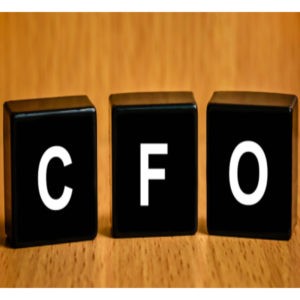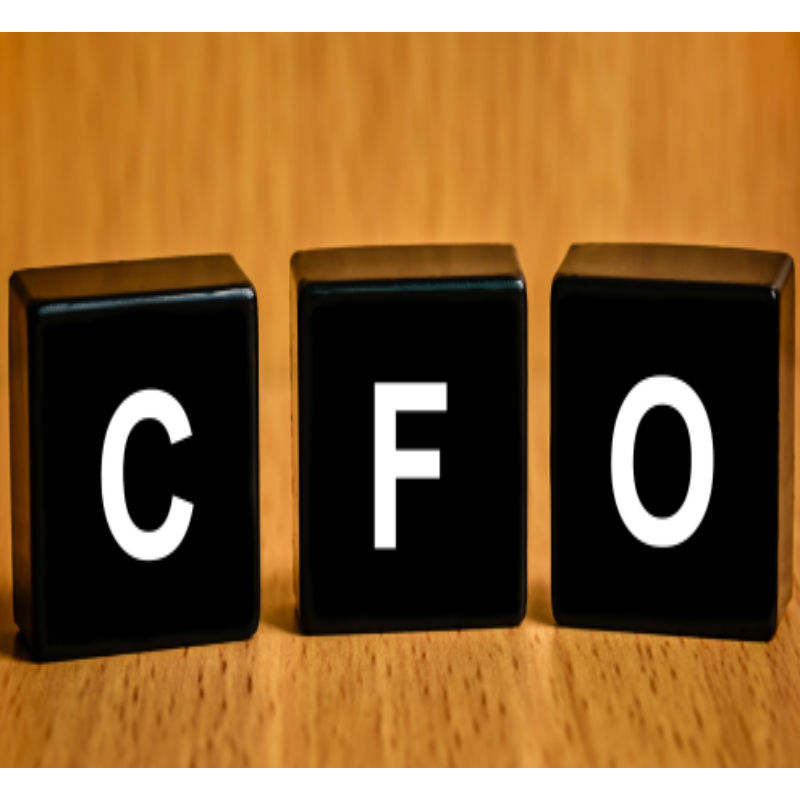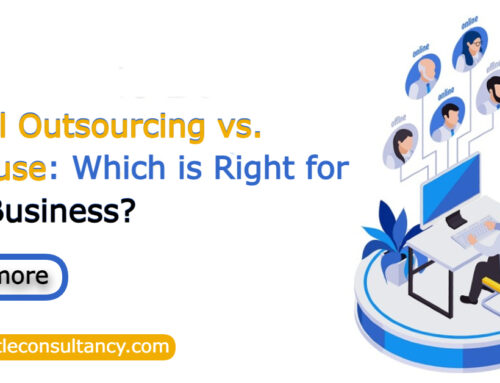 It goes without saying that a CFO should have proven success and appropriate experience in a mid- to high-level financial role within a VC-backed company. But there are several other seemingly ‘soft’ skills and traits that shouldn’t be underestimated.
It goes without saying that a CFO should have proven success and appropriate experience in a mid- to high-level financial role within a VC-backed company. But there are several other seemingly ‘soft’ skills and traits that shouldn’t be underestimated.
The role has undergone a large-scale transformation over the last decade. Thanks to the infectious nature of the modern dynamic start-up culture, CFOs are expected to take a leadership role in functions of the business beyond the financials, acting as the right hand of the CEO and strategically steering the company through the challenges of rapid scale.
But this outdated view of finance professionals as being black-and-white thinkers, rigid and often separate from the rest of the team is a hangover from the days of big business ruling the world. Now, the start-up is king, and a CFO must be agile if they’re to be successful. They have to consider the grey areas, be willing to modify their assumptions and strategies if necessary, and be prepared to get involved with the various aspects of the business and take on roles and tasks that don’t necessarily fit snugly within their vertical. In today’s businesses, they’re the only person, other than the CEO, with access to a bird’s-eye view of the company as a whole: in order to successfully strategize for scale, it’s imperative that they possess detailed knowledge of the internal processes of each team.
However, the most important characteristic of a CFO in a founder-led, VC-backed firm is a high level of emotional intelligence, or EQ. Traditionally, when the CFO was viewed as the black-and-white thinker, the CEO would have been expected to possess this trait: the ability to be aware of the emotions of oneself and others and manage them in order to achieve the best possible outcome. But with the advent of tech firms led by their founders, the relationship has, to a large degree, been inverted.
Now many CEOs are, first and foremost, technologically minded creative’s and inventors. They’re highly intelligent, they think differently than the majority of people, and they have short attention spans, often leaping from one engaging idea to the next. They are, by nature, disruptive thinkers who create equally disruptive products and companies, but they’re not necessarily effective or comfortable communicators.
A CFO in a founder-led business must be able to manage upwards: it’s their responsibility to get the best out of the CEO, and to manage the stake-holders. They have to know which battles to fight and when the best time is to fight them, as well as which ones to leave well alone.
Emotional intelligence is equally important, if not more so, as IQ to a person’s career: the higher their EQ, the more money they’re likely to earn. For today’s CFO’s, having this skill translates into reading the CEO’s mood ahead of key company events, managing the board and investors, successfully implementing a change in process and procedure into a long-standing team, and knowing without asking when the founder is calling on their skills as a strategist, a number-cruncher, or simply as a confidant.
Learn more about accounting outsourcing services at Aristotle Consultancy.
Source – Notion Capital






